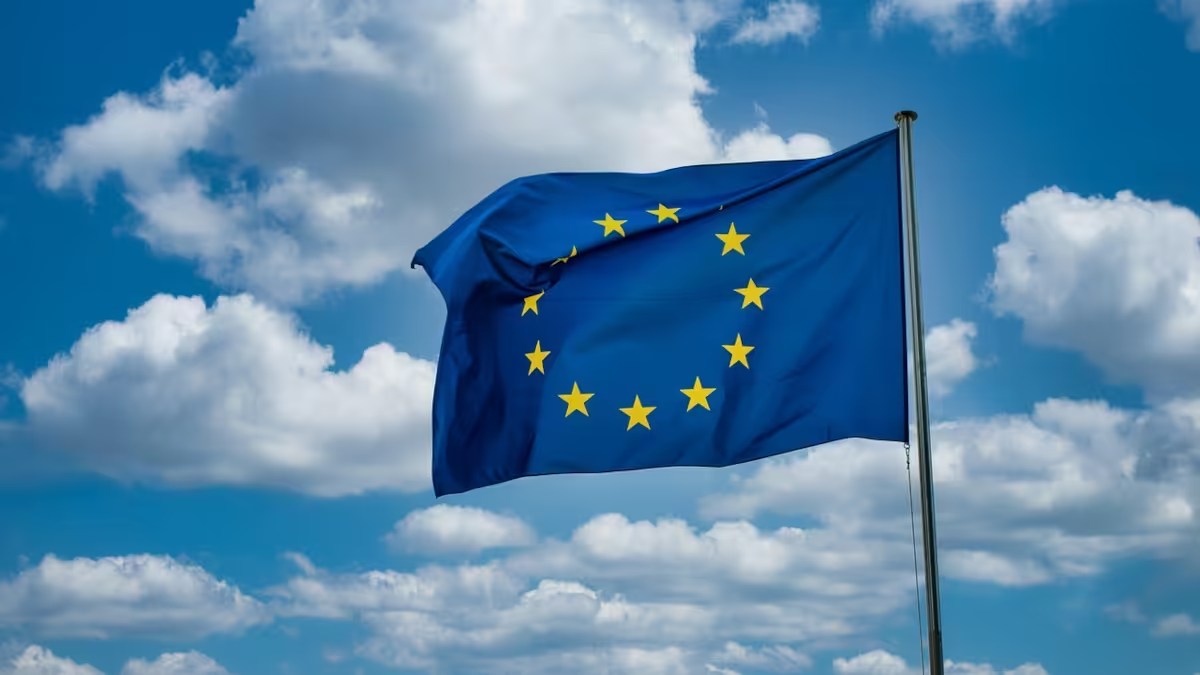
EU261 Reform Going in Wrong Direction: IATA is calling it a 'reverse Robin Hood' move
Here’s a clear breakdown of the issue you’re pointing to — the EU261 reform debate and why the International Air Transport Association (IATA) is calling it a “reverse Robin Hood” move: What is EU261? - EU261 is the European Union regulation that sets passenger rights in cases of flight delays, cancellations, or denied boarding. - It requires airlines to provide compensation, meals, accommodation, and re-routing depending on the length of delay and distance of travel. Proposed Reforms - The European Council suggested raising compensation thresholds: - From 3 hours → 4 hours for short-haul flights. - From 3 hours → 9 hours for long-haul flights. - This was meant to reduce the incentive for airlines to cancel flights and align with passenger preferences (most prefer arriving late rather than not at all). European Parliament’s Position - The Parliament is pushing to reverse these threshold changes and add new provisions: - Free cabin baggage allowance. - Additional consumer rights measures. - IATA argues these measures increase costs without clear evidence passengers want them. Why “Reverse Robin Hood”? - IATA’s analysis shows less than 1% of flights are delayed beyond 3 hours. - That means 99% of passengers are paying higher fares to fund compensation schemes that benefit only 1%. - In their words: “There’s no such thing as a free bag or free compensation thresholds. Costs are passed on to the majority who don’t benefit.” Wider Impact on Aviation - Rising costs from EU261, passenger taxes, and sustainable fuel penalties are squeezing airlines. - Connectivity growth in major EU markets has slowed: - France: 2.2% per year (2014–24) - Netherlands: 2.9% per year - Germany: 0.4% per year - IATA warns this undermines competitiveness and consumer choice. Takeaway The debate is essentially about balance: - Council’s approach: fewer, smarter regulations to preserve competitiveness. - Parliament’s approach: stronger consumer protections, but at the risk of higher fares and reduced connectivity. - IATA frames the Parliament’s stance as redistributing costs unfairly — hence the “reverse Robin Hood” metaphor.
